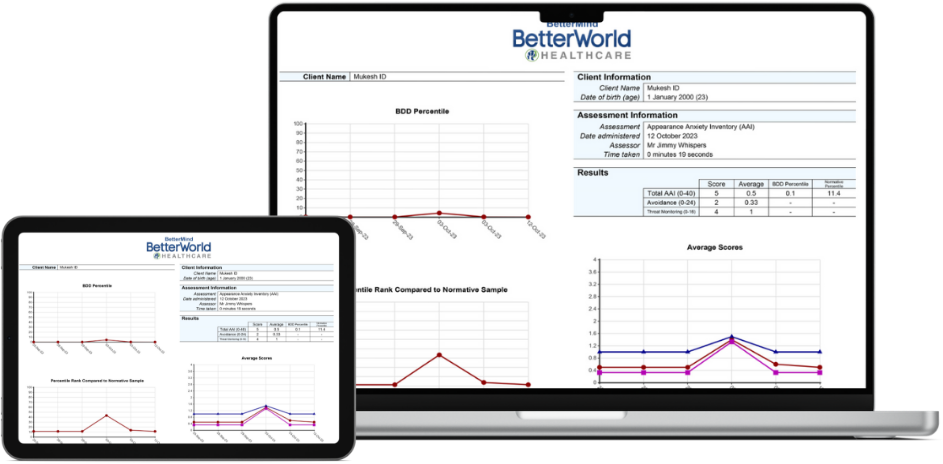State Difficulties in Emotion Regulation Scale (S-DERS)
Assessments
Description
The State Difficulties in Emotion Regulation Scale (S-DERS) is a 21 item self report state measure of emotion regulation difficulties. The scale consists of four subscales; Nonacceptance, modulate, awareness and clarity.
Items on the S-DERS have been adapted from the Difficulties in Emotion Regulation Scale (DERS; Gratz & Roemer, 2004), which measures typical emotion regulation problems for an individual. The S-DERS differs in that it measures state based emotion regulation difficulties, whereas the original DERS measures trait emotional regulation. The S-DERS considers short-term factors such as interpersonal experiences, situational factors, cognitive processes, and even other emotional processes that may influence emotion dysregulation.
Validity
The S-DERS was developed by Lavender and colleagues (2017). Items were adapted from the original Difficulties in Emotion Regulation Scale (Gratz & Roemer, 2004). The scale was administered to 484 women in the community, aged 18 – 25 years. Four factors were yielded; nonacceptance, modulate, awareness and clarity. The S-DERS demonstrated adequate reliability and validity.
The sample of 484 women had a mean total score of 36.22 (10.75), a mean nonacceptance score of 10.19 (5.30), a modulate mean score of 10.08 (4.49), an awareness mean score of 13.14 (4.64) and clarity mean score of 2.81 (1.42).
Interpretation
Items are summed to obtain total score, where higher scores are indicative of more problems with emotion regulation. Scores are also presented for each of the four subscales:
– Nonacceptance: negative responses to and perceptions of one’s current emotional state (items 1, 4, 5, 8, 12, 18, 20)
– Modulate: difficulties modulating emotional and behavioral responses in the moment (items 3, 9, 10, 13, 15, 17, 21)
– Awareness: limited awareness and attention to current emotional states (items 2, 6, 11, 16, 19)
– Clarity: problems with identifying emotional states (items 7, 14)
Percentiles are presented to indicate how scores on the S-DERS compare to the community sample of women (Lavender et al., 2017). Higher percentiles indicate more difficulties. For example, a percentile of 90 (raw score of 50) indicates that an individual has more problems with emotion regulation than 90 percent of women in the community. A percentile of below, for example, 40 would indicate below average problems with emotion regulation and that the person has effective coping strategies.
Developer
Lavender, J. M., Tull, M. T., DiLillo, D., Messman-Moore, T., & Gratz, K. L. (2017). Development and validation of a state-based measure of emotion dysregulation: The State Difficulties in Emotion Regulation Scale (S-DERS). Assessment, 24(2), 197-209.
Try it and see how BetterMind can enhance your practice

Support
Frequently Asked Questions
You’ve got questions, we’ve got answers. Below you can find answers to some of the most frequently asked questions. If you can’t find the answer you’re looking for, please feel free to reach out to us at info@betterworldhealthcare.com.
I can’t open test results within the Web Browser
Assessment result PDFs are opened in a new tab within the web browser. If you click the results but they do not open, your browser will be blocking the popup. To resolve this, after you have pressed the test result, look out for an alert at the top of your browser notifying you that a pop-up has been blocked, then click "Allow".
I have forgotten my password. How can I reset it?
If you have forgotten your password please press “forgot password” within the app, or on the Web Browser App login page (https://app.bettermind-app.com/login). You will receive a new temporary password via email.
Can a Practitioner access BetterMind from their Smartphone?
No, A Client /Patient can answer assessment questions on a smartphone but the Practitioners/ Users can't administer BetterMind using a Smartphone. A computer, laptop or tablet will have to be used.


